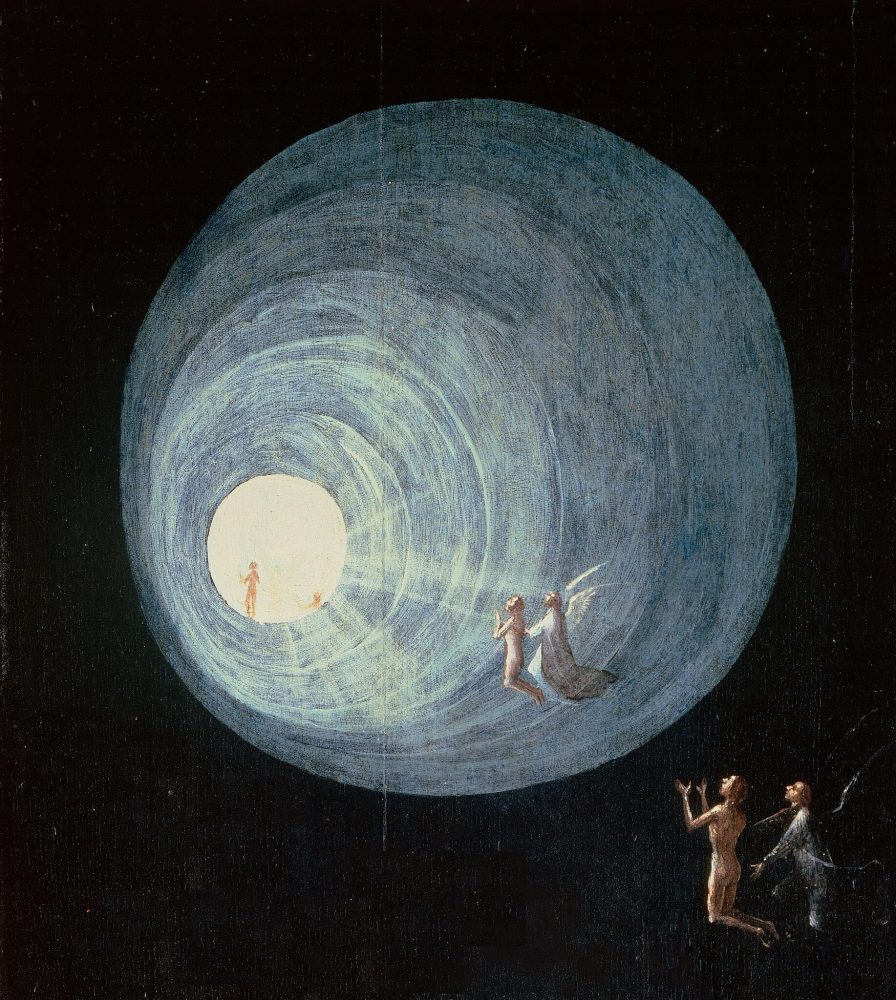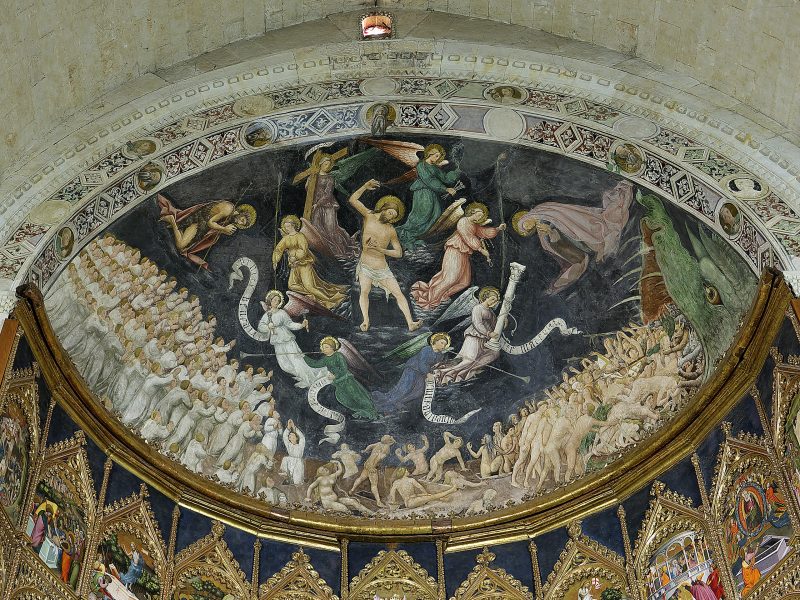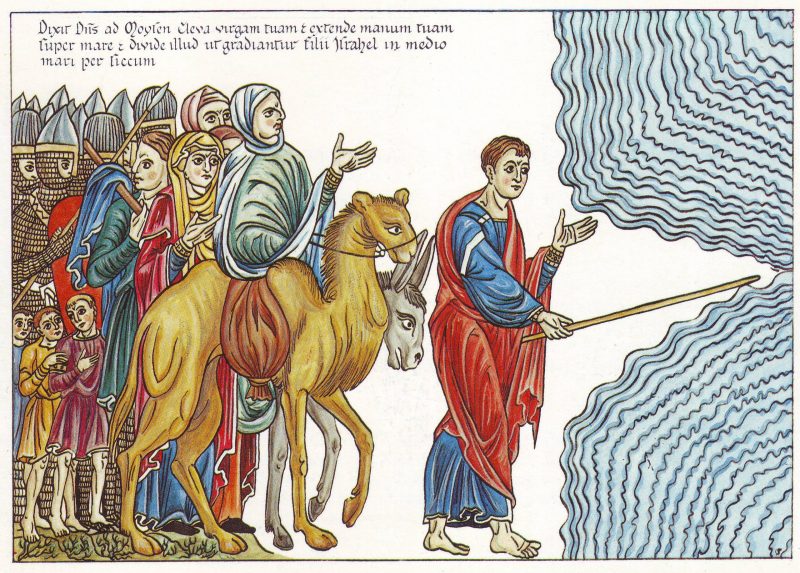

Paradise is a place of everlasting happiness, delight, and bliss, described by many religions.
There are many different ideas and portrayals of paradise. Sometimes it is described as a lush garden. Other descriptions are more abstract, like a state of eternal bliss.
Because it is “above” our world, more pleasurable and peaceful, paradise is the opposite of the underworld.
Religious traditions differ on whether paradise exists now or will come into existence in the future. In some religious beliefs, paradise and heaven are the same. Others describe the two as separate, or say heaven is a part of paradise.
The Qur’an mentions Jannah (heaven) 147 times. Firdaus (paradise) is the highest level of Jannah. This is a garden where righteous people will live after death. Its beauty is described as beyond human understanding. Much Islamic art, from different times and places, attempts to recreate aspects of Jannah.
Jesus promised a thief that he would join Jesus in paradise. There have been different interpretations of this statement. Christian thinkers have differing ideas of who will or will not be admitted to paradise. They also have differing ideas about whether or not paradise exists in the present.
The Talmud describes two paradises, both called Gan Eden (Garden of Eden). The lower Gan Eden is a lush, fertile garden that once existed on Earth. The higher Gan Eden is a spiritual realm where the souls of righteous people will go at the end of time. There, they will live forever in the presence of G-d and be “clothed in garments of light”. For many Jews today, the idea of an afterlife is not as important as life on earth.
Text adapted from English Wikipedia, Creative Commons Attribution-ShareAlike License 4.0.
Detail from Hieronymus Bosch: Visions of the Hereafter: Ascent of the Blessed; Doge's Palace, Venice via Wikimedia Commons; Public Domain



